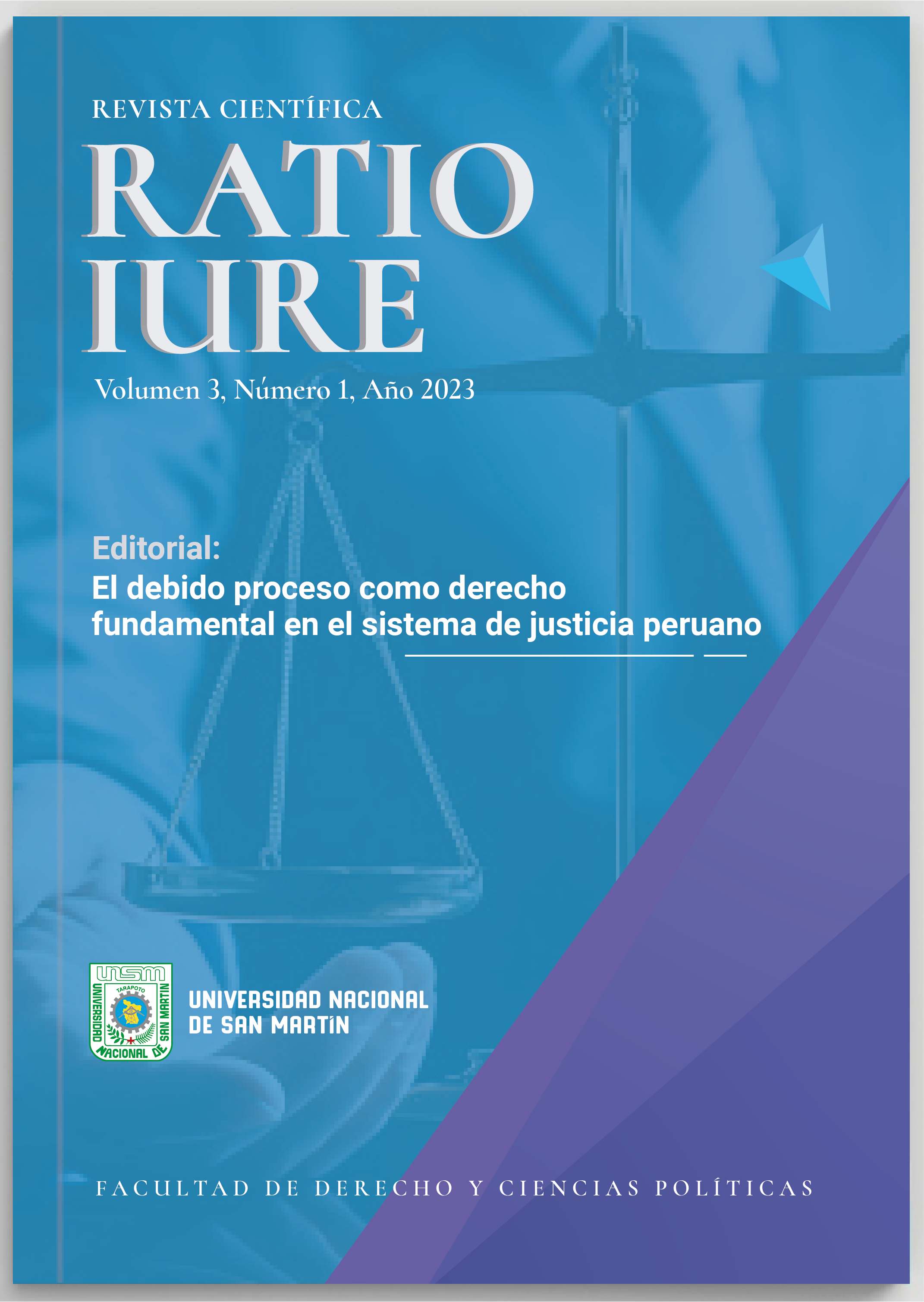Due process as a fundamental right in the Peruvian justice system
DOI:
https://doi.org/10.51252/rcri.v3i1.495Abstract
The theory of procedural law emerged in Germany and Italy in the second half of the last century, distinguishing different conceptions on the general doctrine of the process or procedural law. At first, a unitary system was postulated; Gradually this was detached in its different branches: it began with civil and criminal procedural rights, then administrative procedural law, labor procedural law, and one of the most current is constitutional procedural law. (Fix-Samudio, 1976). According to Chiovenda and Calamendrai, the three fundamental concepts of procedural science are: action, jurisdiction and process and they encompass all processes.
Downloads
References
Castillo, L. (2013). Debido proceso y tutela jurisdiccional. En W. Gutiérrez (Coord.), La Constitución comentada: análisis artículo por artículo (Vol. III, pp. 57-71). Lima: Gaceta Jurídica.
Fix-Zamudio, H. (1976). Breves reflexiones sobre el concepto y el contenido del derecho procesal constitucional. Dialnet.
Gozaíni, O. A. (2002). El debido proceso constitucional. Reglas para el control de los poderes desde la magistratura constitucional. Cuestiones Constitucionales, núm. 7, julio-diciembre, 2002, pp. 53-86. Universidad Nacional Autónoma de México.
Landa Arroyo, C. (2012). El derecho al debido proceso en la jurisprudencia. Corte Suprema de Justicia de la República del Perú, Tribunal Constitucional del Perú, Corte Interamericana de Derechos Humanos. Colección Cuadernos de Análisis de la Jurisprudencia. Volumen 1. Academia de la Magistratura.
Published
How to Cite
Issue
Section
License
Copyright (c) 2023 Lionel Bardales-del-Aguila

This work is licensed under a Creative Commons Attribution 4.0 International License.
The authors retain their rights:
a. The authors retain their trademark and patent rights, as well as any process or procedure described in the article.
b. The authors retain the right to share, copy, distribute, execute and publicly communicate the article published in the Ratio Iure Scientific Journal (RCRI) (for example, place it in an institutional repository or publish it in a book), with an acknowledgment of its initial publication in the RCRI.
c. Authors retain the right to make a subsequent publication of their work, to use the article or any part of it (for example: a compilation of their works, notes for conferences, thesis, or for a book), provided that they indicate the source of publication (authors of the work, journal, volume, number and date).







